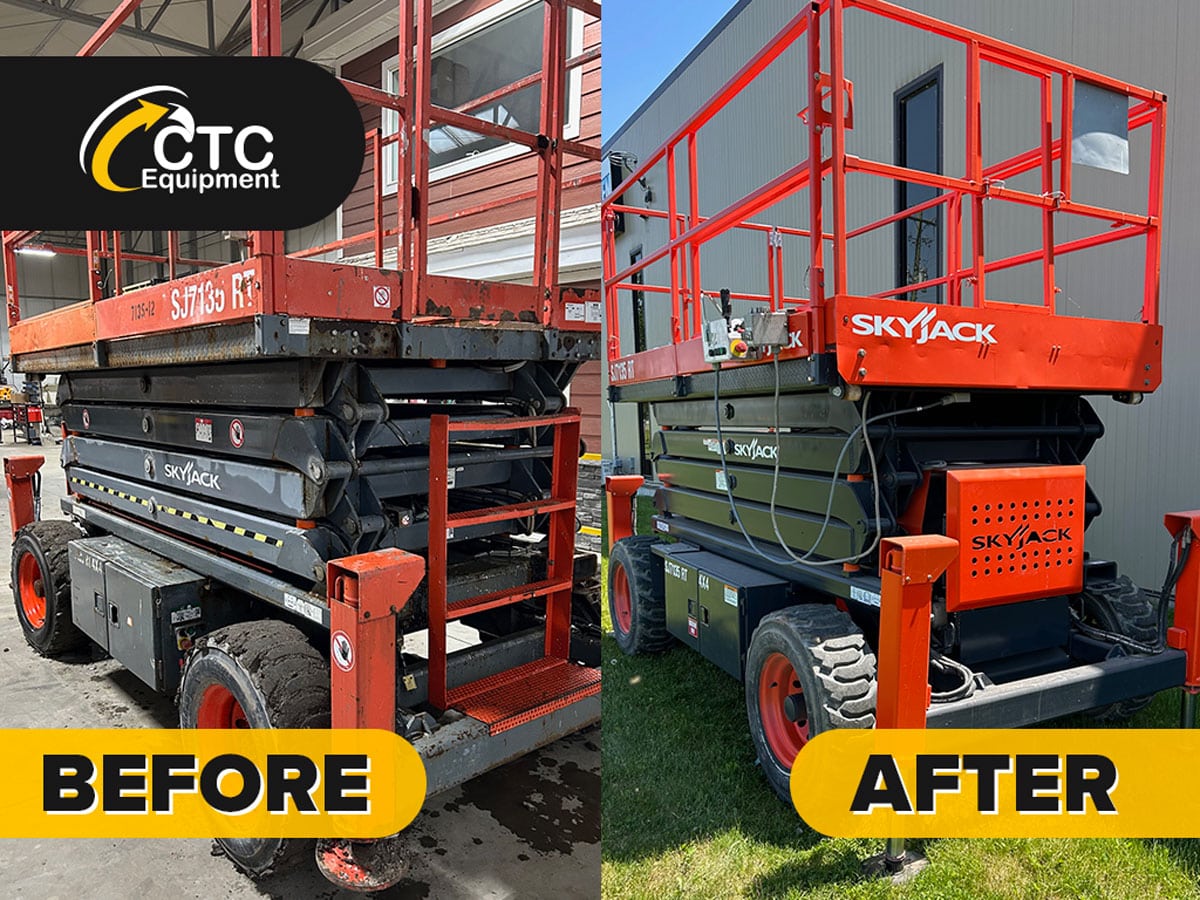Heavy equipment represents a significant investment for any operation, particularly when acquiring used machinery. Ensuring the longevity and optimal performance of used heavy equipment requires diligent care, regular maintenance, and adherence to best practices. Here are comprehensive guidelines to help maximize the lifespan and efficiency of your used heavy equipment.
Thorough Inspection Before Purchase
Before purchasing used heavy equipment, conduct a comprehensive inspection. This includes checking the machine’s history, verifying its usage hours, and examining maintenance records. Look for signs of wear and tear, rust, and structural damage. Pay particular attention to the engine, hydraulic systems, and any moving parts. A professional inspection can help identify potential issues and determine the equipment’s true value.
Regular Maintenance and Servicing
Establish a routine maintenance schedule based on the manufacturer’s recommendations. Regular maintenance should include oil changes, filter replacements, and lubrication of moving parts. Keep detailed records of all maintenance activities, which can help identify recurring issues and facilitate future repairs.
Use Quality Parts and Fluids
Using high-quality parts and fluids is crucial for the longevity of used heavy equipment. Always use the manufacturer-recommended parts and fluids, as cheaper alternatives can lead to premature wear and costly repairs. Regularly check fluid levels and replace them according to the maintenance schedule.
Proper Storage
Proper storage is essential to protect heavy equipment from environmental damage. Store equipment in a dry, covered area to prevent exposure to rain, snow, and extreme temperatures. If indoor storage is not available, use heavy-duty tarps to cover the machinery. Ensure that the storage area is secure to prevent theft and vandalism.
Operator Training and Certification
Operators should be adequately trained and certified to use the equipment. Proper operation reduces the risk of accidents and minimizes wear and tear. Training should include understanding the specific equipment’s controls, safety features, and maintenance requirements. Regular refresher courses are recommended to keep operators updated on best practices.
Monitor and Record Performance
Regularly monitor the performance of the equipment and keep detailed records. This includes tracking fuel efficiency, operating hours, and any issues encountered during operation. Analyzing this data can help identify trends and potential problems before they become serious.
Implement a Preventive Maintenance Program
A preventive maintenance program involves regularly scheduled inspections and maintenance tasks designed to prevent breakdowns and extend the equipment’s lifespan. This includes checking for leaks, inspecting tires and tracks, and testing the hydraulic and electrical systems. Preventive maintenance helps catch small issues before they escalate into major problems.
Operate Within Manufacturer Guidelines
Always operate heavy equipment within the manufacturer’s recommended guidelines. Overloading, excessive speeds, and improper use can lead to significant damage and reduce the equipment’s lifespan. Adhering to the manufacturer’s guidelines ensures safe and efficient operation.
Environmental Considerations
Be mindful of the environmental conditions in which the equipment is used. Extreme temperatures, dusty environments, and corrosive materials can accelerate wear and tear. Take appropriate measures to protect the equipment, such as using specialized filters in dusty environments or washing down equipment after exposure to corrosive materials.
Utilize Technology
Modern technology can help optimize the performance and maintenance of heavy equipment. Utilize telematics systems to monitor equipment usage, track maintenance schedules, and receive alerts for potential issues. Technology can provide valuable insights into equipment performance and help streamline maintenance activities.
By following these best practices, you can ensure the longevity and optimal performance of your used heavy equipment. Regular maintenance, proper operation, and proactive management are key to maximizing your investment and keeping your machinery running efficiently for years to come.


Share This Article
Choose Your Platform: Facebook Twitter Google Plus Linkedin